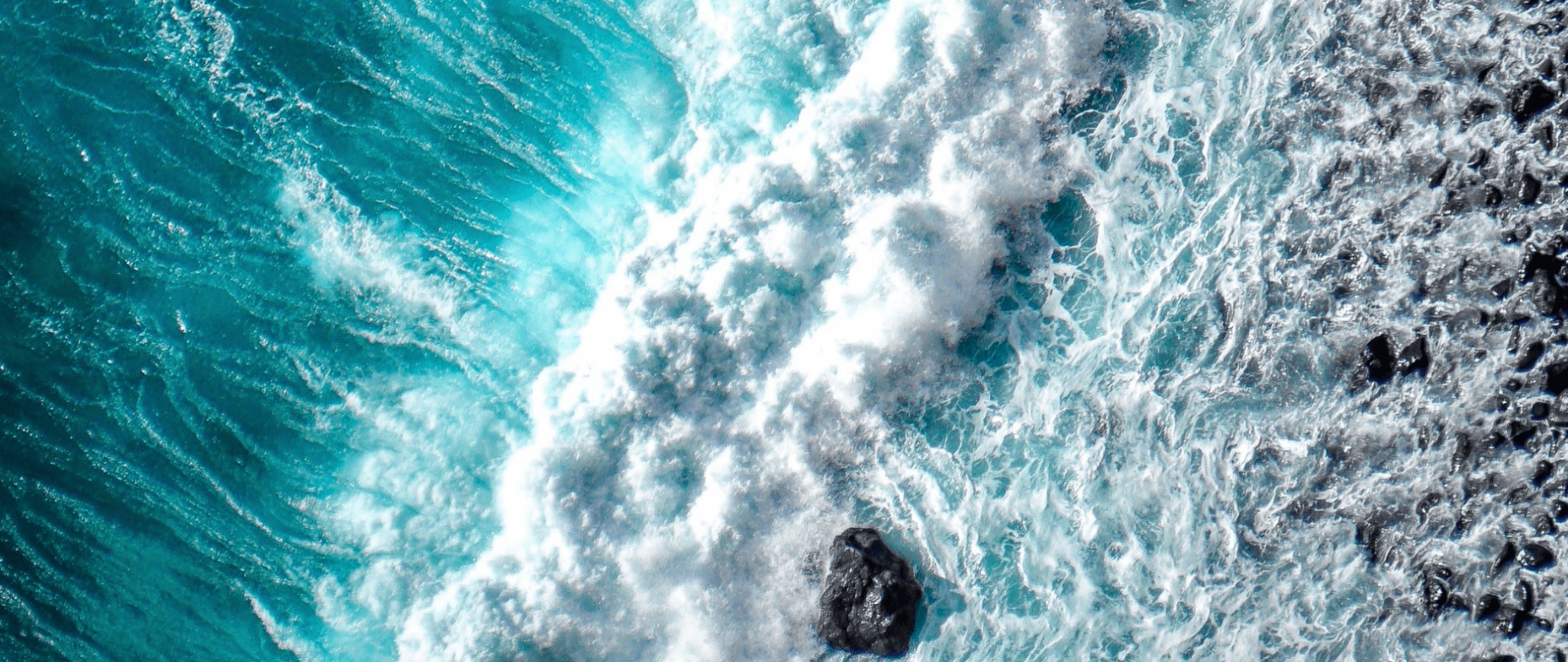THE PERPETUAL AND THE IMPERCEPTIBLE
The vanguard is always ordained to meet a devastating defeat against the enemy—where the vanguard faces a foe that is both immortal and concealed, it cannot emerge victoriously. And as it is drawn towards its doom, the corollary, those it precedes simply wait for the same fate. That is, certain vanquish. To shed light, this is precisely what dread the Earth’s ocean is facing. The ocean is our vanguard, the sole vanguard we shall ever have against the hardest enemy we persistently face—ourselves.
The ocean is a humble abode for different organisms. Much like how we are part of an ecosystem that keeps our existence plausible, the ocean’s organisms share a part living among us—they are creatures that interact with one another, forming a complex network that brings about the constant cycle of life. Furthermore, the ocean blesses the entire world with its natural reserves that most life relies on, not to mention being an important regulator of our climate and providing us with necessary gasses that support daily activities.
However, at this very moment, our ocean faces relentless remorse. Marine debris (man-made materials that harm marine systems) ranging from shrill glasses that pierce through the flesh of many marine organisms to plastics that constantly obstruct their freewill to traverse their own home, wander around freely as if they are amongst the same league as the lives that exist in the area—marine debris are trespassers that destroy the natural state of the habitat and wreck balance throughout the ocean.
Amidst this inevitable reality, daily life still entails us manufacture materials that end up as marine debris. For instance, plastic, cheap and easily made, is essential to almost every human activity. From packaging commodities to being the primary components of equipment, it truly becomes an “undeniable must” that we cannot simply discontinue. For this reason, it becomes of regard to many how the challenge is now centered on how this debris exists to be permanent.
With the existence of this “undeniable must,” our ocean’s prosperity now turns out to be in the hands of our actions. And how is this? The true problem now shifts from the norm. The true problem is not the existence of this debris but the proper conduct of handling them. We must begin to see the perpetual imperceptibility—it will always be there, so we must turn to what is not known of it. That is our actions that determine the fate of this debris, which ultimately is our fate. There is a sundry of deeds we can practice. It’s not too hard to recycle non-biodegradable materials, reuse things that could still be made use of, or help in the reduction of debris production by using less of them.
When we do this, we become the vanguard that would protect both our ocean and ourselves; in this battle where our foes are ourselves, it all comes down to both our decisions and actions.
Bibliography
- (2019). Importance of the Sea. Retrieved from https://www.seafirst.org/themas/importance-of-the-sea/?lang=en
- NOAA. (2018, June 25). What is marine debris? Retrieved from https://oceanservice.noaa.gov/facts/marinedebris.html














